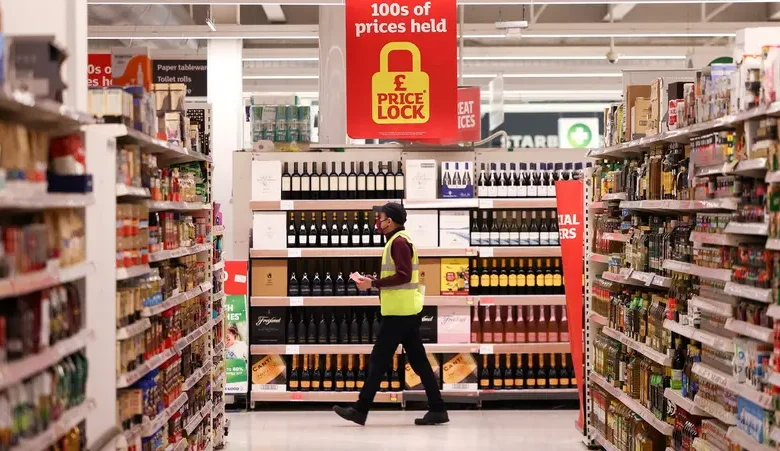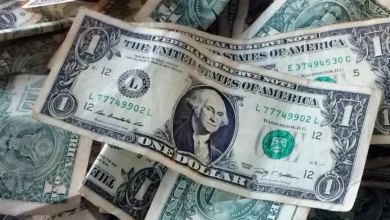UK food prices rise to highest numbers in over a year as tax hike hits: Survey

UK food prices posted their biggest rise in more than a year after supermarkets were hit by a double whammy of tax increases and a jump in the national minimum wage, a closely watched survey found.
The British Retail Consortium said the cost of food climbed 0.7 percent this month, the biggest gain since January 2024, with everyday items such as bread, meat and fish all increasing. It took the annual rate to 2.6 percent, the most in 11 months.
The hikes pile further pressure on households and underscore the inflation risks still facing Bank of England policymakers.
While there were offsetting monthly declines in non-food prices, overall shop deflation moderated to just 0.1 percent, the BRC said.
With hundreds of thousands of employees in the UK, supermarkets are among the sectors hardest hit by the measures announced in the Labour government’s first budget in October. They included a 6.7 percent rise in the minimum wage and a £26 billion ($34.7 billion) increase in payroll taxes, both of which took effect this month.
The survey findings may reinforce caution at the BOE over how quickly to cut interest rates, with many retailers choosing to raise prices rather than absorb the extra costs.
While the central bank is expected deliver more rate cuts this year, some officials have warned that rising bills could feed wage demands, given that Britons may be more sensitive to inflation after the cost-of-living crisis. Research suggests that food prices are particularly pertinent for consumers and their inflation expectations.
“The days of shop price deflation look numbered,” BRC Chief Executive Helen Dickinson said. “Despite price competition heating up, retailers are unable to absorb the total impact of these £5 billion of employment costs and the additional £2 billion costs when the new packaging tax comes into effect in October.” Businesses have also warned of job cuts to protect their margins.
The pickup in grocery prices comes amid a barrage of other annual cost increases for households in April, from council tax to regulated prices such as water bills. The biggest upward push this month came from fresh food prices, the BRC said.
Food inflation is still well below the double-digit peaks seen in 2023 after Russia’s invasion of Ukraine drove up fuel, fertilizer and feed costs for farmers.










